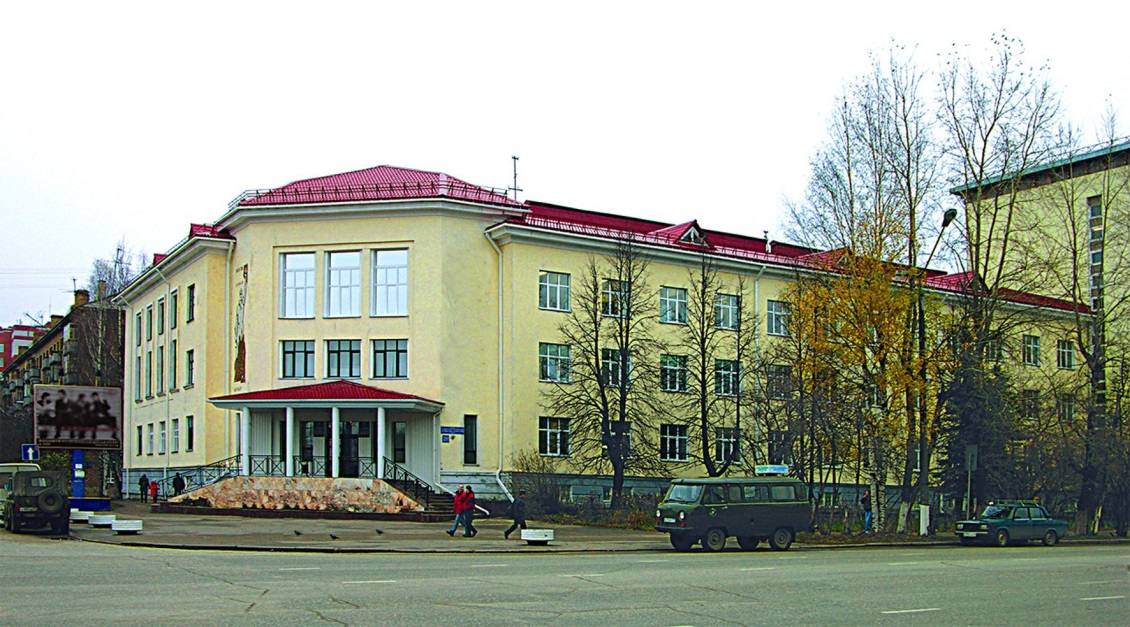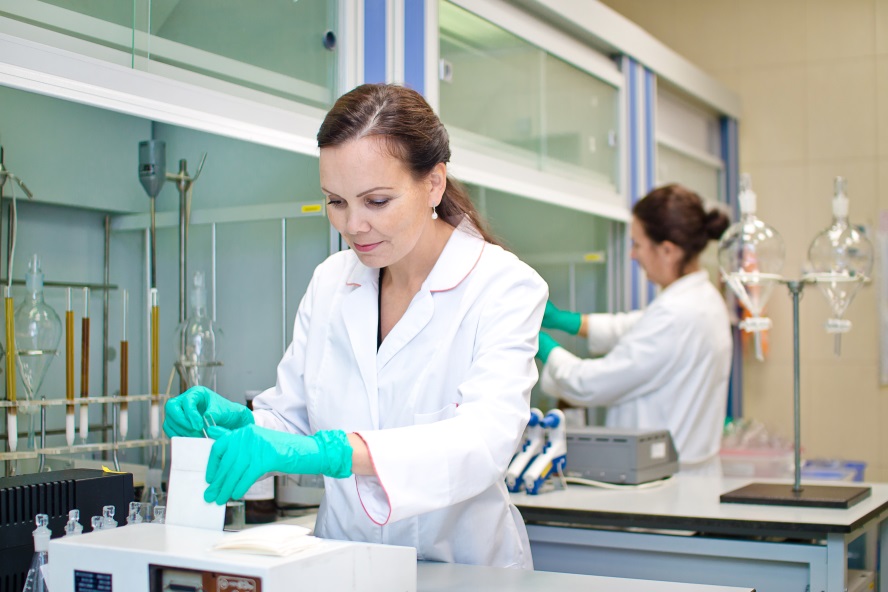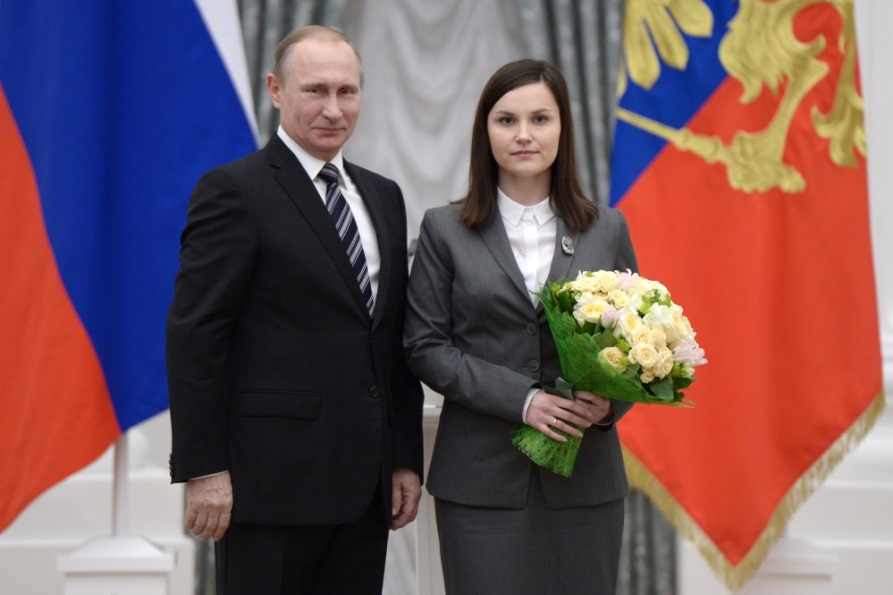The Institute of Biology of the Komi Science Center of the Ural Branch of the Russian Academy of Sciences
The Institute of Biology of the Komi Science Center of the Ural Branch of the Russian Academy of Sciences was established in 1962. It has a high scientific potential and level of scientific results. In 2017, it was recognized as an institute of the First category based on the comparison with all academic institutions of Russia specializing in Biology.
The structure of the Institute comprises six large departments, five laboratories, a scientific museum, a herbarium (SYKO), a vivarium, and an ecological forest station. The Institute has a scientific laboratory for biomonitoring, carrying out research activities on the basis of the Institute of Natural Sciences of Vyatka State University and the Research and Educational Center “Biological Systems and Biotechnologies” together with the Institute of Natural Sciences of Syktyvkar State University named after P. Sorokin.

The Institute has obtained unique results in the classical areas of biology and in the area of experimental biology. The assessment of biological diversity, vegetation, fauna, soil cover, state and dynamics of the ecosystems development in the European sector of the Arctic, Subarctic and boreal zones is given. International experts praised the work in the field of molecular radiobiology and radioecology, genetics of life expectancy, and ecological physiology of plants. The results are internationally recognized, which is confirmed by publications in foreign monographs and highly rated scientific journals, including the journals of the Nature Publishing Group, a large number of international scientific projects, and participation of leading domestic and foreign researchers in collaboration and conferences held at the Institute. The results of biotechnological research have a good potential for production. In this area, the Institute has received the largest number of patents and awards for innovative developments.
The creation of the largest herbarium collection in the European North-East of Russia (SYKO) is an important result of research carried out by several generations of botanists. The scientific herbarium includes collections of vascular plants, bryophytes, preserved samples of algae, fungi and lichens (more than 307 thousand items), as well as a collection of live strains of cyanoprokaryotes and microalgae.
A powerful instrumental base has been created for conducting modern molecular genetic and physico-chemical analyses. There are two centers for the collective use of complex equipment – “Molecular Biology” and “Chromatography” as well as an accredited Eco-analytical Laboratory and a laboratory for the migration of radionuclides and radiochemistry. The Institute has leading positions in the field of quantitative chemical analysis among 62 institutions from 28 countries of Europe and has received certificates for 30 measurement procedures.

The researchers of the accredited Eco-analytical Laboratory.
The Institute implements a significant amount of business contracts for the largest enterprises in Russia and in the region. It successfully operates two accredited analytical laboratories, including the Eco-analytical Laboratory, one of the European leaders in the quality of the work performed, which is confirmed by the results of independent international interlaboratory comparison studies.
The Institute has completed a significant number of large-scale projects important for the socio-economic development of the region. The work is aimed at developing a system of specially protected natural territories, monitoring the state of the environment, eliminating the consequences of environmental disasters, assessing the reserves of biological resources, and protecting rare and endangered species.
The Institute has developed and implemented technologies for assessing the state of ecosystems and biological resources, and for environmental remediation, which are relevant for industrial and agricultural enterprises of the Komi Republic and the neighboring regions. It has strong business relations with the regional Government and the largest companies in Russia.

Senior Researcher, Department of Radioecology, Ph.D. (Biology) Ekaterina N. Proshkina during the presentation of the Prize of the President of the Russian Federation in the field of science and innovations for young scientists in 2015.
The Institute is integrated into the international learned society and is a member of a large international consortium. It implements numerous international projects, including the projects supported by United Nations Development Programme/Global Environment Facility and the 7th Framework Program of the European Commission. The researchers of the Institute are members of international working groups and commissions, and are members of the editorial boards of foreign journals. The achievements of the Institute in introducing modern research methods were noted by the organizers of international research networks (GBIF, system of interlaboratory comparison studies).
The research results have found practical application in the rectification of the consequences of the accident at the Chernobyl nuclear power plant (1986-1994) and the Usinsk oil field (1994-2004).